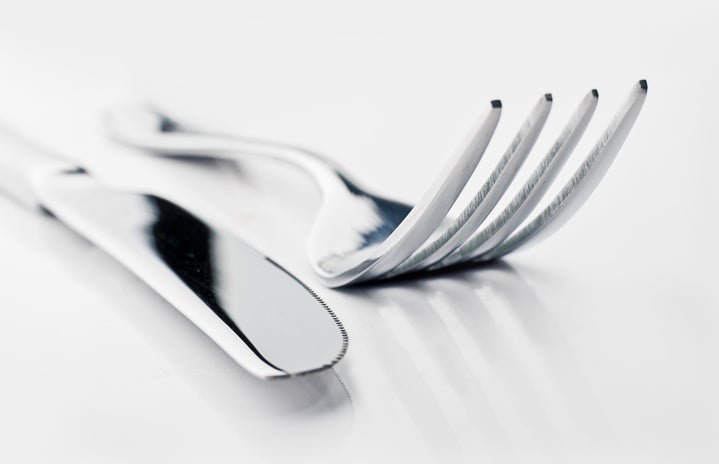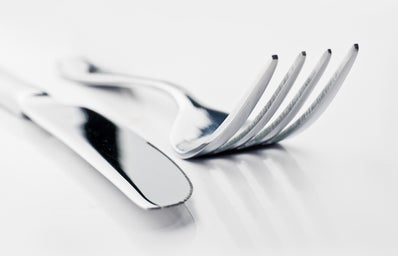Ever since I was in high school, I always wanted to try following a vegetarian diet. I didn’t like meat that much and it sounded like it would be a healthier choice along with my admiration of the restraint one would need to learn. I hoped that this restraint would force me to pay more attention to what I was eating, and thus make healthier eating decisions. However, like most people, I worried about not getting enough protein and eating too many carbs.
Finally, after years of research and meeting a lot of people who were vegetarian, I decided to try pescetarianism. It’s now been about five months, and I can already feel such a difference.
Because I have reduced my amount of meat consumption my digestion has been a lot better, which makes me feel less bloated and jaded everyday. It has also helped with my energy because the energy that used to be used on digesting meat is no longer being wasted there. Instead I can now accomplish more each day without that sluggish feeling that we all get. No more afternoon slump!
Another thing that I like is that the diet does in fact make me pay more attention to what I put into my body. I love cooking, and I prefer when things are made from scratch because then I know what I’m putting in my food, and being pescetarian gives me the perfect excuse to cook more and actually enjoy my food.
Here are some tips if you want to go vegetarian, pescetarian, or vegan:
Research
The number one thing you should do prior to beginning any diet change is read about it; Google search whichever diet (or all three) that interests you and just find out what it is, why it’s good, and maybe if people have suggestions on how to make the transition more easily.
Be Adventurous
Secondly, try different foods. Changing your diet means you have to explore foods that you may have never had before that now you can eat to switch things up. For me, this started with trying tofu, for obvious reasons. When I don’t want to eat fish but still need some protein I can cook tofu, which was really scary to cook at first, but like everything you just keep trying until you figure out how you like it and what cooking process works for you.
Pinterest It
Next up, go on Pinterest! There is an abundance of recipes and maps there that will either inspire you, share with you or teach you all about how to keep up with your new diet and not feel like you’re missing out. One of my favorite things there are the maps, in which there are images of all the foods that have high levels of protein in them but are still vegetarian friendly.
Lastly, it’s important not to think of it as giving something up, but enjoying all the yummy food that you do eat.
Keep in mind that meeting with a doctor is always helpful before changing your diet, and this could be a good opportunity to discover any other dietary issues (like a gluten allergy). University of Florida even offers a free meeting with a nutritionist in the Infirmary. But remember, no matter why you decide to go vegetarian, pescetarian or vegan, do it because you want to and not because it’s “trendy,” or else you will feel like you’re missing out and that it’s much harder than it really is.
Photo credits: unsplash.com

